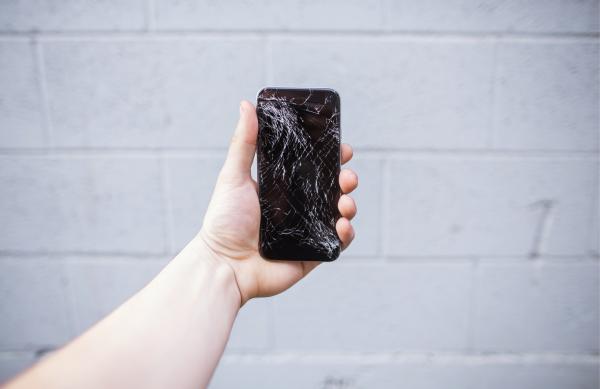Completed NRP 73 research project: Extending the lifespan of mobile devices
17.04.2023
Measures to extend the lifespan of mobile devices should be promoted by better coordination and political support.
The environmental impact of producing mobile, internet-enabled devices is considerable, and extending device service life is key to reducing this impact. The “LIFESAVING” project investigated approaches to extending service life that could prove effective from an environmental perspective while also appealing to consumers and market operators.
Despite considerable uncertainties and differences between the various devices and parameters, it is apparent that the greatest environmental impact by far (60–80%) occurs during the production phase. Any measure that extends the lifespan of a device is therefore of benefit to the environment. This even applies when the induction effects (e.g. emissions arising from a new battery or display in a repair scenario) and re-spending effects (e.g. additional consumption using the money saved by delaying the decision to purchase a device) are factored in.
The project also shows that there is considerable untapped demand for fully reconditioned devices and potential for growing the secondary market. However, implementing effective measures to promote longer use of mobile devices presents a considerable challenge. For one the decision-making processes on the part of consumers are very complex, and for another, there are still too few attractive offers and services creating an incentive to make sustainable consumer decisions. Better coordination is therefore needed between the various stakeholders and their interests. An appropriate regulatory framework could facilitate this.
More information:
More information on the research project
Selected publications:
Contact:
Dr. Yann Blumer
Institute of Innovation and Entrepreneurship, Zurich University of Applied Sciences (ZHAW)
+41 58 934 46 86
yann.blumer@zhaw.ch
